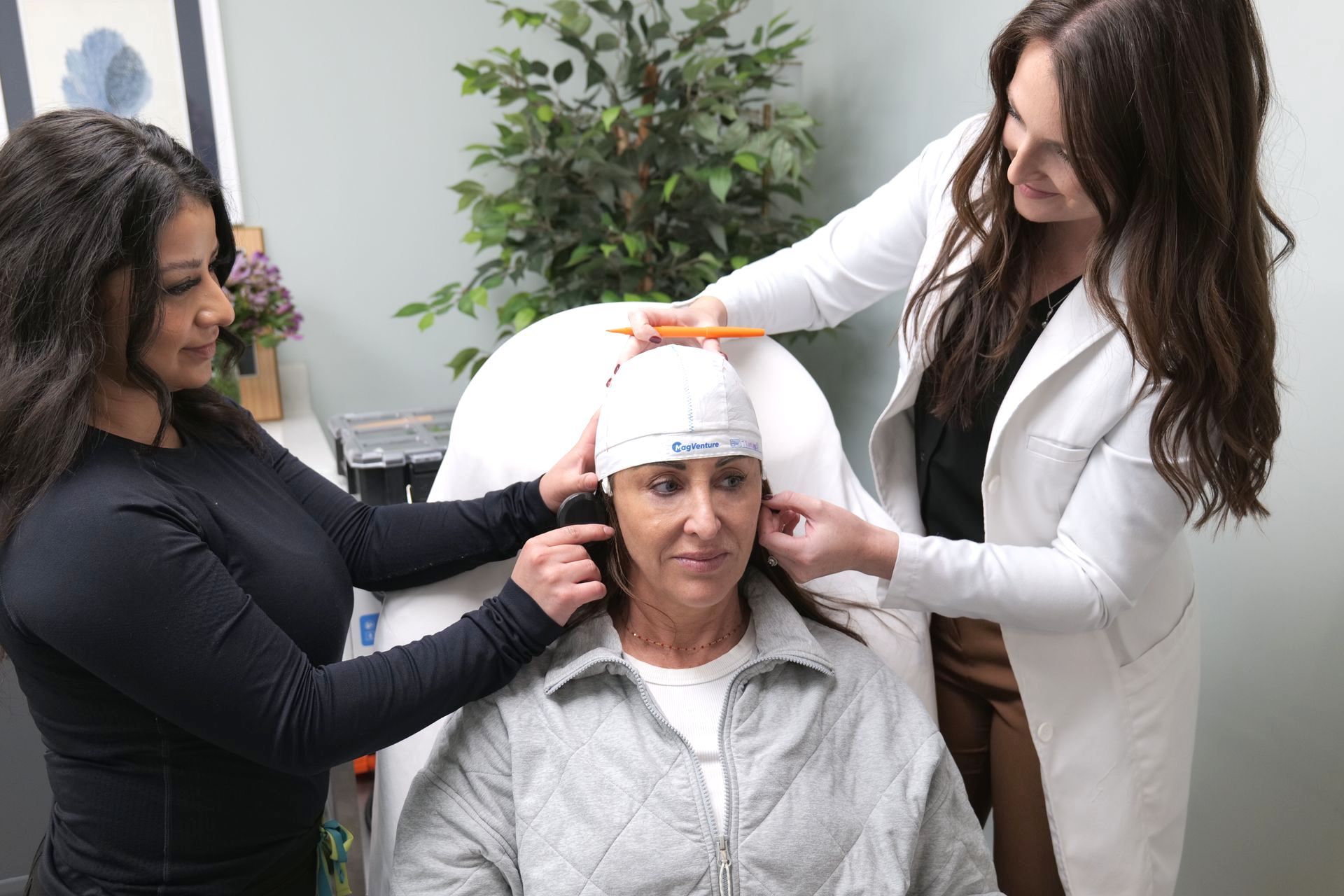
JOIN US! TMS Education Event - Tuesday, April 9th 5:30pm pst - Click to learn more!
ACCELERATED TMS THERAPY
ACCELERATED TMS TREATS Depression and Anxiety & Offers Hope to Millions
Find Out If You’re A Candidate Today By Booking Your Complimentary Consultation Today
SAY GOODBYE TO Anxiety & DEPRESSION
Feel like yourself again with Accelerated TMS!
Welcome to Kind Health TMS, where innovation meets compassion in mental health care. Our cutting-edge approach, the Advanced Accelerated TMS Kind Protocol, is designed to bring you faster and significantly more effective results, ensuring your journey to emotional well-being is both efficient and transformative.
The Advanced Accelerated TMS Kind Protocol is not just another treatment option; it's a comprehensive and personalized journey towards better mental health. We incorporate health coaching and lifestyle planning into our treatment programs at our San Diego clinic. Experienced health coaches work alongside our TMS clinicians, guiding patients through holistic lifestyle changes and providing invaluable support during treatment and beyond.
Through one-on-one sessions, patients gain insights into nutrition, exercise, sleep hygiene, stress management, mindfulness, and other vital elements for maintaining mental wellness. This integration enhances treatment outcomes and equips patients with lifelong skills to sustain their mental well-being.
A REVOLUTION IN MENTAL HEALTH
Improves problems with mood regulation, using technology rather than medications
TMS is an FDA-approved treatment for depression and other mental illnesses. TMS was first developed in 1995, approved by the FDA in 2008, and has been used by hundreds of thousands of people around the world since then.
-
What is TMS?
TMS is an FDA-approved treatment for depression and other mental illnesses. TMS was first developed in 1995, approved by the FDA in 2008, and has been used by hundreds of thousands of people around the world since then.
As studies are being completed, TMS is proving to help in the treatment of many mental health disorders, including PTSD, OCD, BPD, binge eating disorders, and smoking cessation. TMS is backed by extensive worldwide scientific research and published scientific studies, including studies performed by Stanford, Harvard and Oxford Universities.
-
How does it work?
The treatment uses powerful, focused magnetic field pulses to stimulate specific areas of the brain non-invasively (i.e., without needing surgery or anesthetic), via a paddle-shaped coil placed against the surface of the scalp. The magnetic pulses are just as powerful as the field of an MRI scanner but focused into an area the size of a quarter.
Each pulse is powerful enough to activate the neurons (brain cells) at the focus of the paddle. A series of pulses, lasting a few minutes per session, will act like exercise to strengthen the connections in the brain circuits.
At Kind Health Group, we use the TMS device to strengthen the activity of the brain circuits that regulate our thoughts, behaviors, and emotions. When the treatment succeeds, people will often feel more in control of their thoughts and feelings and can cope more easily with the stresses of life without becoming overwhelmed or hopeless.
-
What else is included in the treatment?
As a part of your extensive care team, Kind Health Group additionally pairs you with one of our health coaches for routine follow up, support in goal achievement post therapy, meditation, gentle exercises and breath work techniques. Together we guide you through the entire journey and are right by your side as you improve and adjust to your "new" life.
The Kind Health TMS Protocol, combined with advanced wearable device monitoring from devices like Oura rings and Apple Watches, offers an unparalleled approach to personalized and effective treatments.
Through the analysis of sleep patterns, heart rate variability (HRV), and daily activity, a comprehensive understanding of your well-being unfolds. This data-driven approach enables personalized adjustments to treatment, resulting in remarkable progress on path to recovery.
-
Traditional TMS vs Accelerated TMS
Compared with Traditional TMS which is done over 6-8 weeks, Accelerated TMS provides the following benefits:
Efficiency: The treatment is completed in just 5 consecutive days, making it more convenient for patients who may find it challenging to commit to a longer treatment regimen.
Rapid Relief: Patients often experience quicker relief from symptoms, with some even reporting positive changes within a few days.
Intensive Focus: The condensed schedule allows for a more intensive focus on treatment, helping to amplify its therapeutic effects.
Better Patient Engagement: The shorter treatment duration encourages greater patient engagement and compliance, leading to improved outcomes.
Reduced Disruption: Patients can return to their daily routines more quickly, minimizing disruption to work, school, or family responsibilities.
Enhanced Quality of Life: The quicker response to treatment can lead to a more rapid improvement in overall quality of life and well-being.
The Advanced TMS Kind Protocol:
A Revolution in Mental Health Care
Welcome to Kind Health TMS, where we merge innovation with compassion to redefine mental health care. Our unique Advanced TMS Kind Protocol promises faster, more effective results, ensuring a transformative journey to emotional well-being.
At Kind Health Group, we believe in a holistic approach to well-being. Every facet of our protocol, from our advanced TMS sessions to our dedicated health coaches, is designed with your holistic well-being in mind. Join us and embark on a journey that prioritizes your comprehensive well-being every step of the way.
Here is how this FDA-approved, no long-term side effects Accelerated TMS works:
264 mil people Experience Depression and/or anxiety
87.5% RESPOND TO TREATMENT
WITH ADVANCED TMS KIND PROTOCAL
FDA Approved
for 15+ years
Real Patients
Real Results
"Accelerated TMS was my last resort for severe depression, suicidal thoughts, and anxiety. It was transformative, freeing me from negative thoughts and allowing me to embrace life's possibilities. The health coaching was incredible, and I recommend Accelerated TMS at Kind Health Group to anyone seeking life-changing treatment."
"As a physician and gynecologist, TMS changed my life and saved my mom. My mom battled major depression but found hope with Accelerated TMS, transforming her from bedridden to fully functional in 16 weeks. Facing trauma, PTSD, depression, and anxiety, I sought help at Kind Health Group, where their compassionate team and effective multimodal therapy made a significant difference. Their approach to Accelerated TMS treatment is highly recommended."
Book Your Consultation
Book your complimentary consultation with one of our dedicated TMS specialists today.
Download our free TMS brochure today and discover why the Advanced TMS Kind Protocol is the best option for your journey toward better mental health.
Download Our Free Kind Health TMS Brochure
Download Our Free Kind Health TMS Brochure
Download our free TMS brochure today and discover why the Accelerated TMS Kind Protocol is the best option for your journey toward better mental health.









